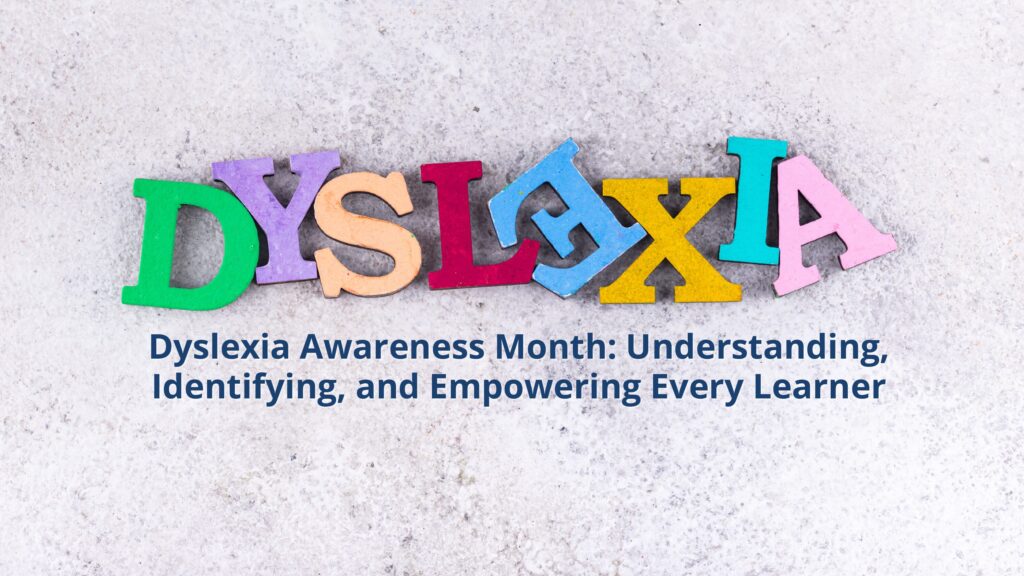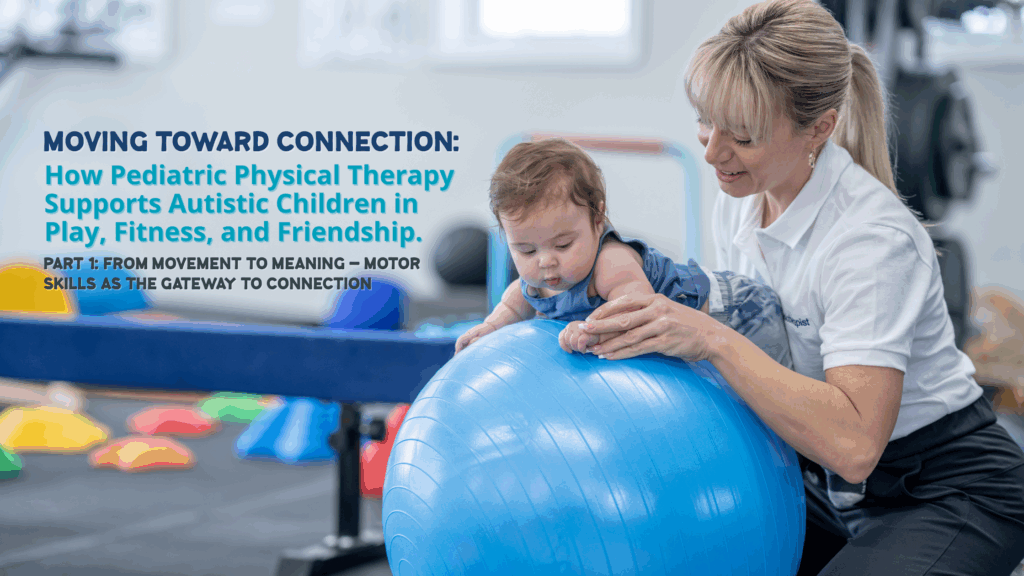Health screenings play an integral part in children’s development and well-being. Because childhood health problems can eventually develop into chronic adult conditions, the tests, checkups, and thorough screenings that students are given in school can help detect potential health problems and improve the overall health of every student.
What Are School Health Screenings?
Among other things, school health screenings can help detect blood pressure, asthma, vision, and hearing problems. Trained school personnel conduct health screenings to identify potential issues at an early age and make appropriate referrals to follow up on management strategies. At the same time, school healthcare staff also share information on the importance, and benefits of regular physical activity. This helps children bring exercise into their lives as part of healthy living.
School health screenings help in the early detection of health conditions and help kids lead a healthy life.
In this article, we will discuss the importance of school health screenings. We also cover some common routine checks and introduce you to the best partner for school health services.
The Importance of Health Screenings
Many health conditions are easier to treat when they are detected at an early age.
School healthcare staff use specialized equipment to identify health problems before those conditions worsen. Healthy students are better learners and routine checks ensure that they are healthy and fit so they can meet their full academic potential.
Routine checks, such as vision and hearing screenings, ensure that students can see teachers’ presentations and understand what teachers are saying during class. Improvement in vision and hearing conditions can immediately affect students’ overall grades and performance in school.
Health screenings also allow school staff to check the fitness of students and tailor physical activity curriculum accordingly.
School health screenings influence both the health behaviors and ability for each student to learn.
When effectively coordinated, schools can plan their school health programs and provide beneficial physical activity in the midst of children’s routines. This also reduces academic achievement gaps, by lessening the impact of negative health behaviors. Promoting positive health behaviors allows teachers to introduce better and healthier activities and lessons to their students.
Routine Checks Vary by School District
Routine health checks are not the same across all districts. Some health services are required by specific states, which may not be mandatory in other districts or states.
However, health services are mandated for all students by the State Education Code or Health and Safety Code. Some specific checks and measures are mandatory for students with special abilities.
In both cases, routine check-ups and care are provided by school staff who have the relevant qualifications and experience to examine and treat students.
Special Education-Related Services
Some school health screenings are designed specifically for students in special education classrooms. Through this process, healthcare professionals work with families to identify the medical management needs of students during the school day. Collaboration between a student’s medical team and school team enable effective management during the school day, allowing students with varying medical needs to continue attending school because their needs are met.
School psychologists, nurses, and therapists are involved during initial and triennial special education health assessments. Gastric tube feedings are one example of a specialized healthcare procedure that schools may provide.
School-Based Prescription Medication Administration
If the student’s education is impeded by a health condition that requires the administration of prescription medication during school hours, schools are expected to provide medicines and care to students. The school nurse and other dedicated personnel must assist the student and provide the prescribed medication throughout the day.
Vision, Hearing And Scoliosis Screening
These are essential screenings that must be conducted at specific intervals.
Schools are mandated to conduct vision screenings of all students upon entering school and every third year thereafter. This screening is conducted for all students from kindergarten to higher grade levels. A vision checkup is meant to highlight vision problems in students and make appropriate referrals for full evaluation.
Hearing screenings aim to identify those with both medical problems related to the ear who need to see their healthcare provider (ear infections) and identify potential hearing deficits and make referrals for full audiological evaluations.
Scoliosis screenings target students at specific age ranges to evaluate the risk of scoliosis and promote early identification of potential problems. Students are referred to their primary medical provider for follow up if they are identified as at risk.
Who Performs School Health Screenings
Health screenings can be performed by doctors, physicians, and certain types of nurses. Specific screenings vary by state, and schools are required to conduct them on their own premises. Parents can ask the school authorities about which health screenings they provide.
Physicians also conduct checkups to identify asthma, diabetes and other complex health conditions.
The school will let parents know if results from these screenings show a potential problem.
The parents can also talk with school physicians and nurses about the results of any screening. If a condition is more serious, a child must be taken to a doctor who can provide a treatment and care plan. This plan will be adopted and followed by school authorities, as well.
Most Common School Health Screenings
School health screenings are an integral routine at school. Every school performs different checkups as directed by their own State Code.
Here are the most common health screenings performed by school physicians and nurses in almost all districts:
BMI or Obesity Detection
Obesity is measured by calculating a Body Mass Index (or BMI). Both height and weight are taken into account to calculate a BMI. This screening is conducted annually.
Results from this screening can be used to identify children who are more likely to have diabetes, heart disease, high blood pressure or other serious health conditions.
Hearing
Hearing problems can impact a child’s ability to interact with teachers and other students, as well as to understand lessons. This screening is generally conducted when students are 5, 6, 8 and 10 years old but this varies by state. It identifies children who are experiencing hearing issues.
Scoliosis
This screening is used to detect signs of spinal curvature at an early stage.
A scoliosis screening helps parents determine if their children need treatment for the condition. Scoliosis is one of the most common causes of spinal abnormality.
It can be detected in childhood and early adolescence.
Vision
Vision problems can make it difficult for students to see whiteboards, computers and printed material. They can affect students’ academic performance and cause grades to go down.
Vision is screened throughout childhood to identify children who are facing vision difficulties, generally from transitional kindergarten through 12th grade.
Blood Pressure Readings
High blood pressure can lead to heart problems, diabetes and several other chronic health conditions. These checkups are conducted every year to monitor blood pressure and take measures in the event that abnormal readings occur.
Dental Checks
Dental screenings check for issues such as cavities, crooked and missing teeth and misalignment. School health screenings are conducted once. Health professionals recommend that a child be taken to a dentist every six months.
Mental Health Checks
Students who display signs of mental health disorders must be screened thoroughly to identify the disorder and help determine deeper issues that require professional treatment. Mental health screenings allow a child to receive help at an early stage and develop coping mechanisms for any conditions that may be present.
TES School Nurses Can Help Your School District
School health screenings are essential. Since they identify health conditions at an early stage, conditions and symptoms can be managed for a better quality of life.
Vision and hearing problems can affect a child’s performance and grades. It is critical to identify them at the earliest stage possible. Qualified personnel can make an outsized difference in identifying and managing students’ health issues.
TES offers school client services designed for the unique needs – and special needs – of children as well as a variety of therapeutic services to both children and adults. Partner with us to streamline your school health screenings and ensure all students receive personalized recommendations to manage their health situation.
Request information or request an appointment today to learn more!


 08 Mar 2022
08 Mar 2022 












